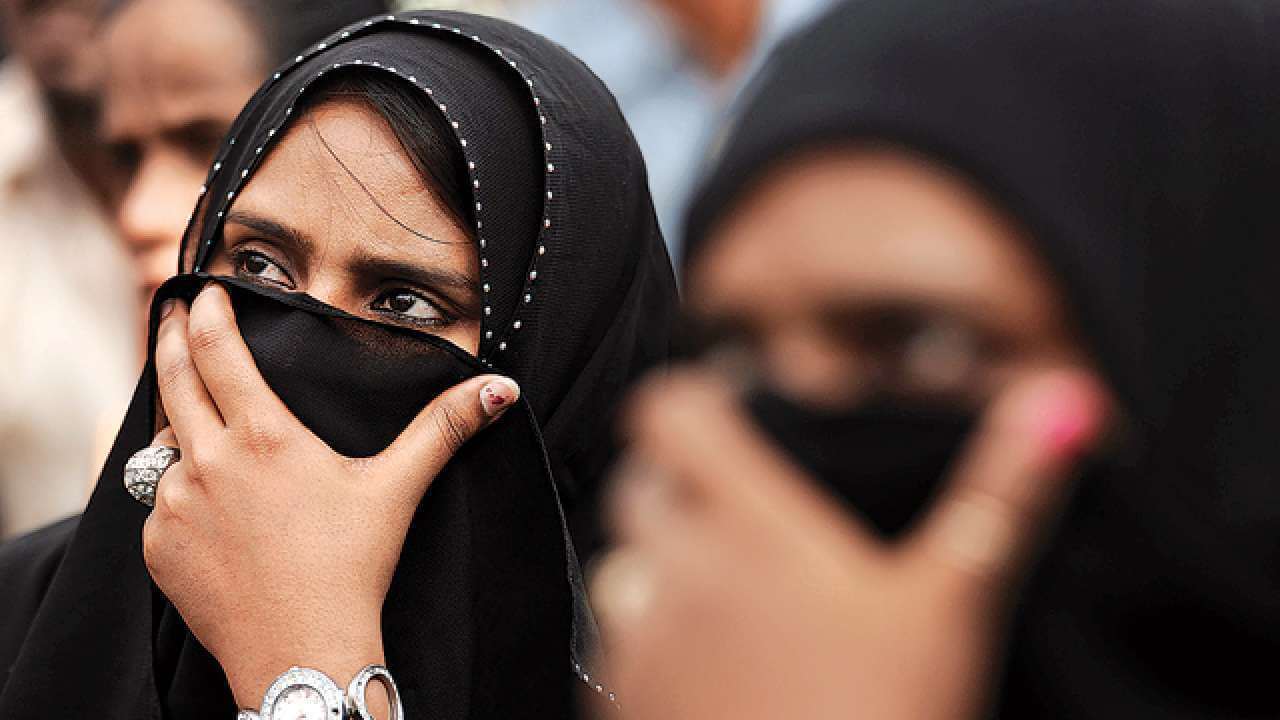On Saturday, Sri Lankan Minister for Public Security Sarath Weerasekara announced that he had approved the cabinet’s proposal for implementing a nationwide ban on the burqa. Further, he added that the government would also shut down 1,000 Islamic schools that are allegedly violating the country’s national education policy. The proposal now awaits the approval of the Cabinet and the Parliament.
While making the announcement, Weerasekara said that the decision was necessary for the interest of “national security”, which is being threatened by “religious extremism”. He said, “The burqa has a direct impact on national security … It is a sign of religious extremism that came about recently. We will definitely ban it.”
The announcement comes in the run-up to the second anniversary of the 2019 Easter attacks on three churches and three hotels, wherein 269 people were killed. Following the attack, two Sri Lankan Islamic outfits, who had previously declared their allegiance to the ISIL (ISIS) group, were found to be responsible for the incident. Following this, the government had imposed a temporary burqa ban, which was withdrawn after widespread criticism on its impact on the right to religious freedom and practice.
The proposal has been opposed by several Sri Lankan citizens, who have called this move a “racist agenda” and an attempt to appease the populist sentiment of the Buddhist majority in the country. The Vice-President of the Muslim Council of Sri Lanka, Hilmy Ahamed, said, “They are trying to convince the Buddhists that they are going after Muslims.” He added, “[Wearing a burqa] should be considered a right of a woman to choose.”
The Muslim community in Sri Lanka has previously been disgruntled about the government’s decision to forcibly cremate Muslims who had died after being infected by the COVID-19 virus. The government had mandated cremations, as burials, which is a tradition amongst the Muslim community, could prospectively lead to the contamination of groundwater. However, last month, the Sri Lankan government announced its decision to introduce a policy allowing members of the community to proceed with the burials.
Sinhalese Buddhists make up 75% of Sri Lanka’s 22 million population, while Muslims comprise 22%. However, merely 10% of the population is reported to wear the burqa.
Sri Lanka is the latest country to join the global fight that countries have taken up against “Islamic extremism” or “Islamic separatism”. The Sri Lankan authorities’ move shortly follows the French government’s decision to crack down on Islamic schools as a part of President Emmanuel Macron’s “Reinforcing Republican Principles” Bill, popularly known as the Islamic Separatism Bill. Moreover, just last week, 51.2% of Swiss voters voted ‘yes’ in a referendum on whether or not to ban facial coverings in public spaces in Switzerland, thereby effectively prohibiting the Islamic veil or burqa in public areas, including shops and restaurants. Switzerland’s ban followed several other European countries, which have similar restrictions on face coverings in public. France, for example, imposed a complete ban on a full-face veil in 2011. Similar complete and partial bans on face coverings can also be found in Austria, Belgium, Bulgaria, Denmark, and the Netherlands.
Sri Lanka to Impose Burqa Ban, Close Down 1,000 Islamic Schools
Citing the need to curb “religious extremism”, Sri Lanka has approved a plan to impose a burqa ban and shut down 1,000 Islamic school that supposedly violate the national education policy.
March 15, 2021

SOURCE: DNA
